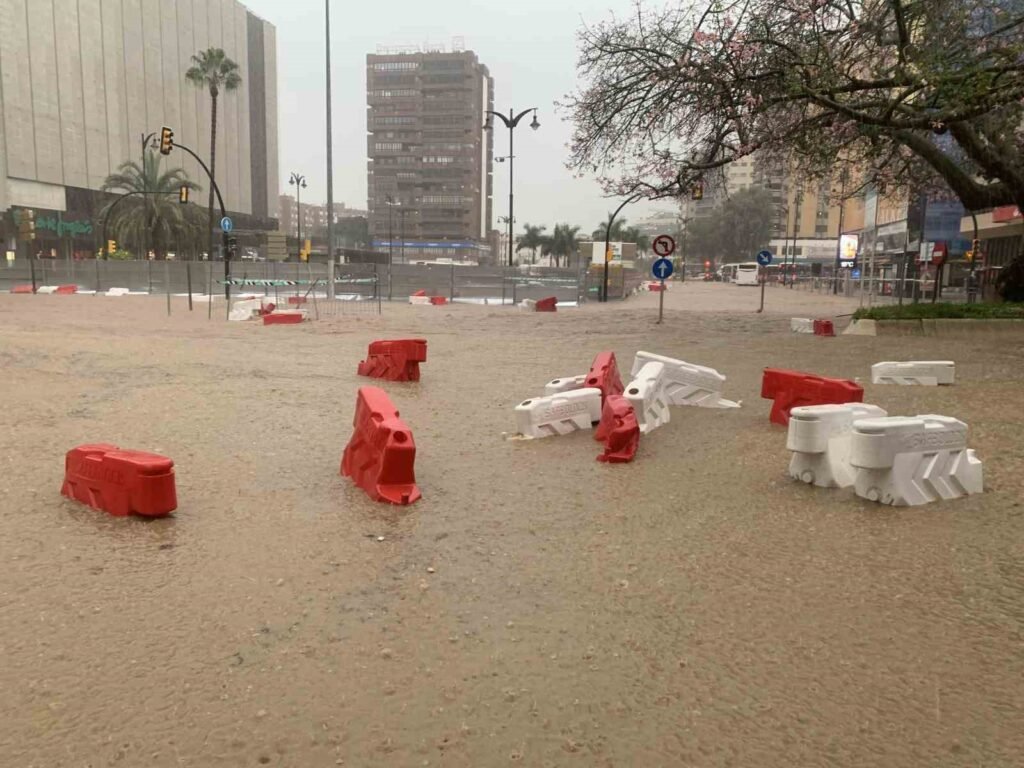The Thai Government Decided to Protect Coral Reefs
The Thai government has taken an important step in the protection of coral reefs. This decision is considered a positive step towards the conservation of marine life and a sustainable environment.
The Thai government has closed 12 national marine parks due to the rapidly spreading coral bleaching situation in the seas. This decision, taken to prevent deterioration in coral reefs and support recovery, once again highlights the importance of environmental conservation measures.
12 National Marine Parks Closed for Visits
According to the announcement by the Department of National Parks, Wildlife and Plant Conservation of Thailand, 12 national marine parks including Mu Koh Chang, Khao Laem Ya, Khao Sam Roi Yod, Hat Wanakorn, Mu Koh Chumphon, Hat Khanom, Mu Koh Thalay Tai, Mu Koh Surin, Sirinat, Ao Phang Nga, Than Bok Koranee, Hat Nopparat Thara, Koh Lanta and the popular Phi Phi Island, Mu Koh Samed and Mu Koh Chang have been closed for visits.
Causes and Effects of Coral Bleaching
Coral bleaching is caused by various factors such as high sea temperatures, oil spills, and sediment accumulation on corals. This condition stresses corals, causing them to expel the algae that give them color and serve as their food source. Prolonged bleaching can lead to the death of corals.
Thai Deputy Prime Minister and Minister of Natural Resources and Environment, Patcharawat Wongsuwan, stated that coral bleaching is due to the El Nino weather event causing temperature rise in Southeast Asia. Bleaching has been detected in 50% of the reefs in the Gulf of Thailand, and it is expected to continue until July since it started in April.
- Experts predict that with the onset of the rainy season, seawater temperatures will decrease, and bleaching may stop.
- Once the bleaching in coral reefs stops, efforts in environmental conservation aim for the revival of corals.






